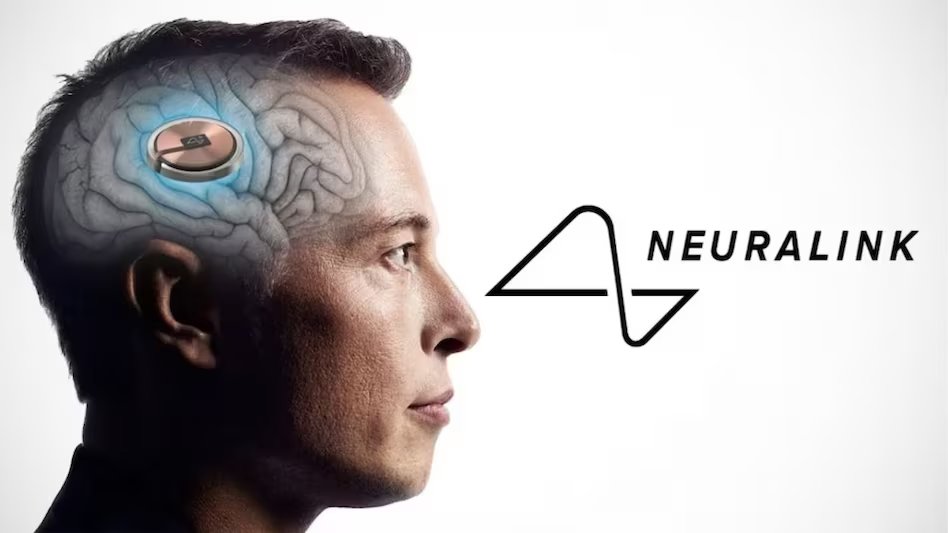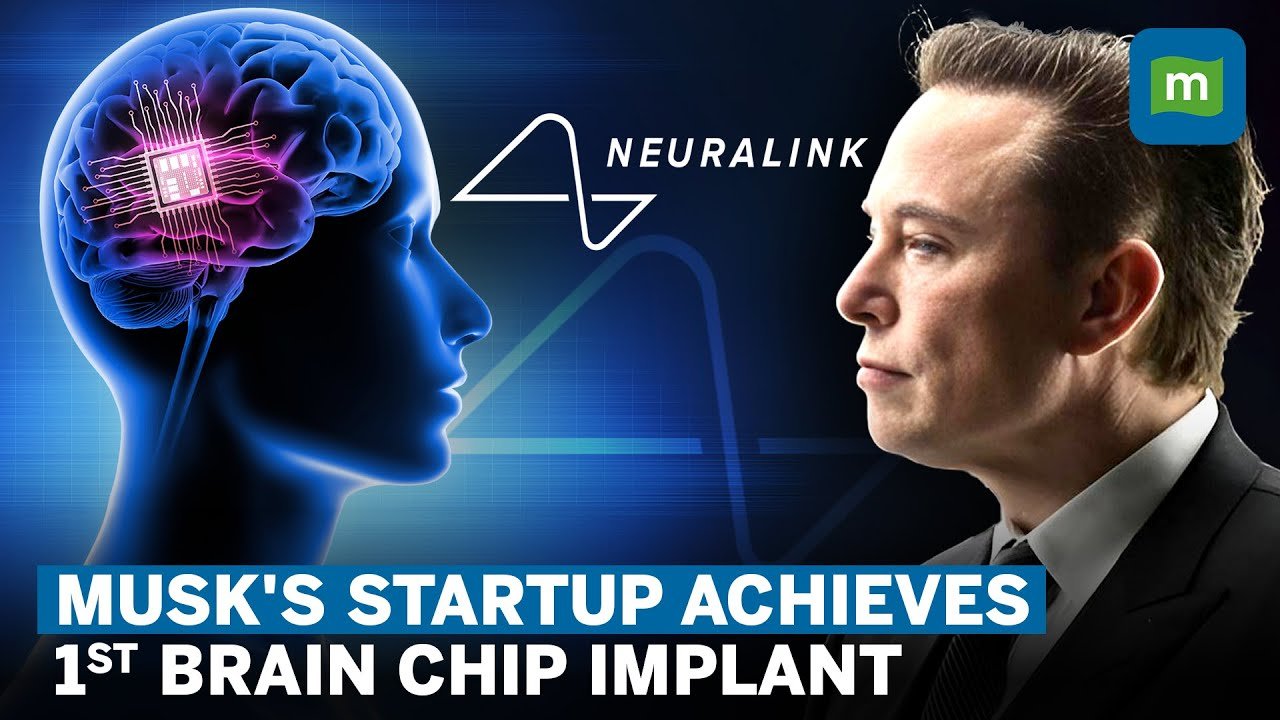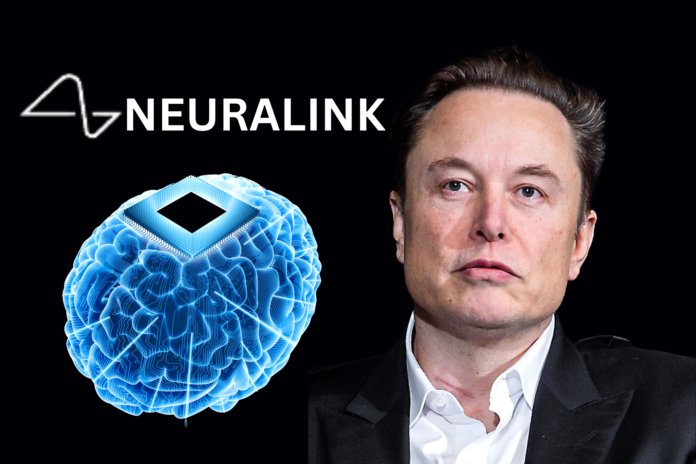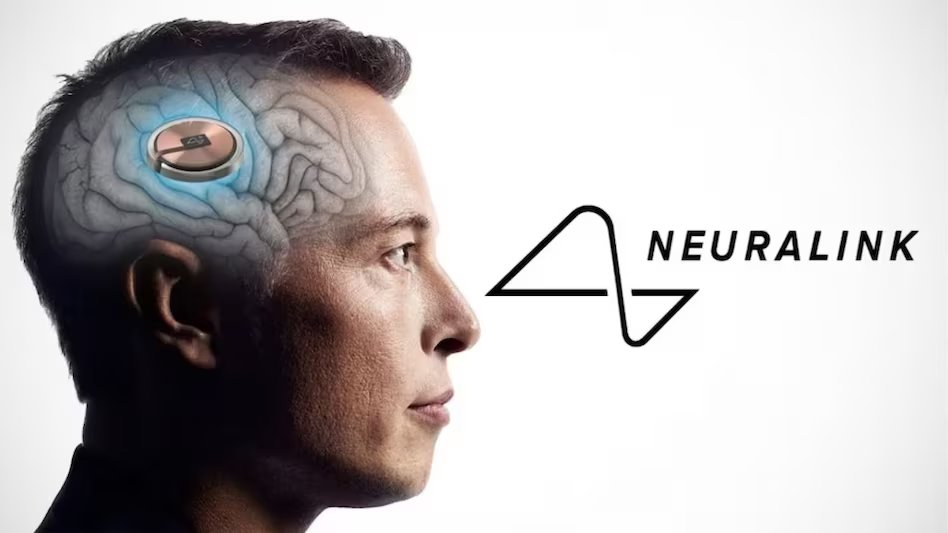Elon Musk’s Neuralink project is pushing the boundaries of technology and neuroscience by developing a groundbreaking brain-computer interface (BCI) that could allow humans to connect directly with computers and electronic devices through the brain. This innovative technology aims to help people overcome physical limitations and potentially transform how we store and transmit information.

### What Is Neuralink?
Neuralink is a neurotechnology company founded by Elon Musk with the goal of creating implantable brain-machine interfaces. By embedding tiny electrodes into the brain, Neuralink’s technology can read and interpret neural signals, enabling seamless communication between the human brain and external devices.
This interface could provide new solutions for individuals with disabilities, offering them enhanced control over prosthetics, communication tools, and other assistive technologies.
### The Vision: A “Brain Internet”
One of the most ambitious aspects of Neuralink is the concept of a “brain internet” — a direct link between human brains and the internet or cloud storage systems. This would allow users not only to receive information instantaneously but also to store memories or data externally, vastly expanding cognitive abilities.
Such technology could revolutionize education, communication, and even entertainment by enabling the mind to interface directly with digital platforms without the need for traditional input devices like keyboards or touchscreens.

### Overcoming Physical Limitations
Neuralink’s potential extends far beyond convenience. For people suffering from paralysis, neurological disorders, or sensory impairments, this technology could restore lost functions by bypassing damaged neural pathways and establishing new communication channels with assistive devices.
Elon Musk envisions Neuralink helping to treat conditions such as Alzheimer’s, Parkinson’s disease, and spinal cord injuries, dramatically improving quality of life.
### Challenges and Ethical Considerations
While Neuralink presents exciting possibilities, it also raises significant ethical and technical challenges. Privacy concerns, data security, and the long-term effects of brain implants are critical issues that researchers and policymakers must address.
Moreover, ensuring equitable access to such advanced technology remains a major consideration to prevent widening social inequalities.

### The Future of Brain-Computer Interfaces
As Neuralink continues to develop and test its technology, the future of human-computer interaction is poised for a radical transformation. Direct brain connectivity could redefine how we learn, work, and communicate, opening new frontiers in technology and human potential.
###
Elon Musk’s Neuralink project is an ambitious leap toward integrating human cognition with digital technology. By enabling direct brain connections to computers, Neuralink could help overcome physical limitations and usher in an era of enhanced mental capabilities through a revolutionary “brain internet.”
